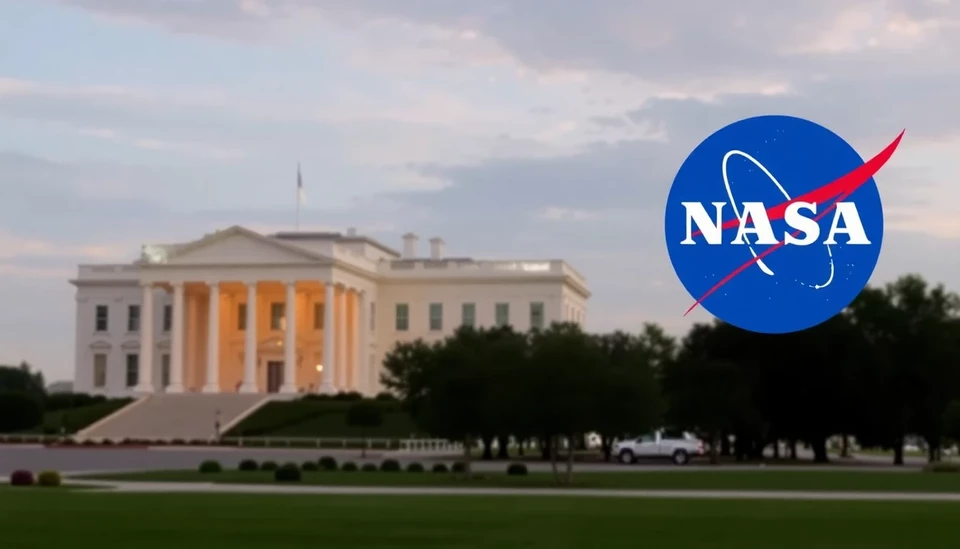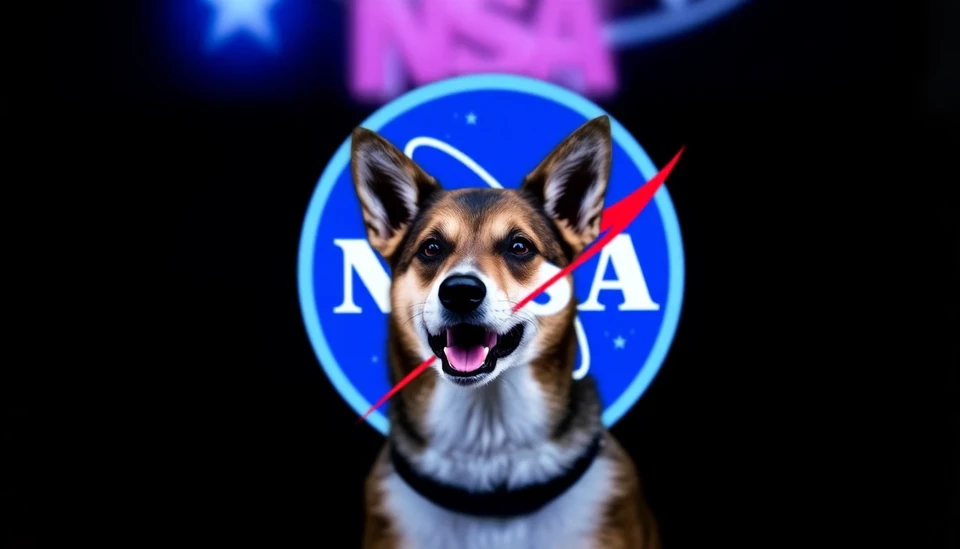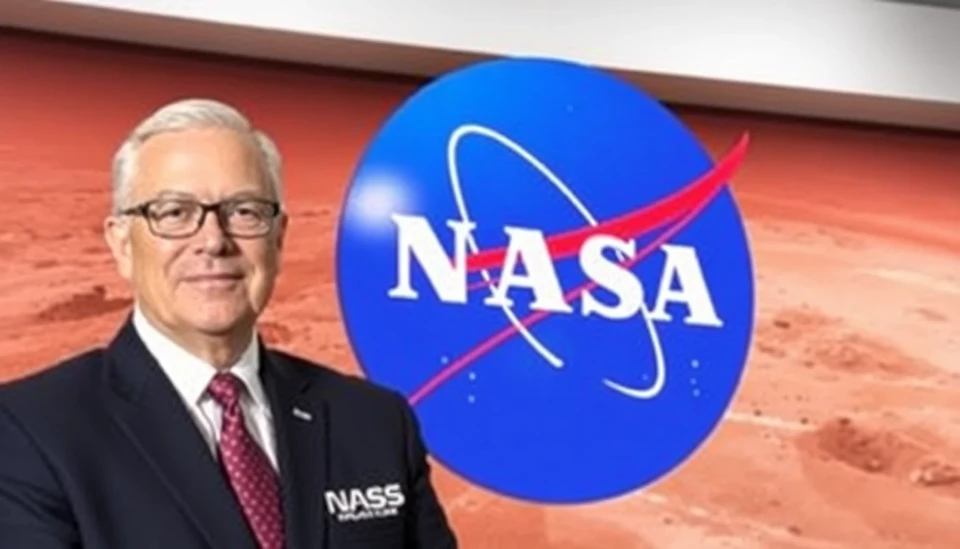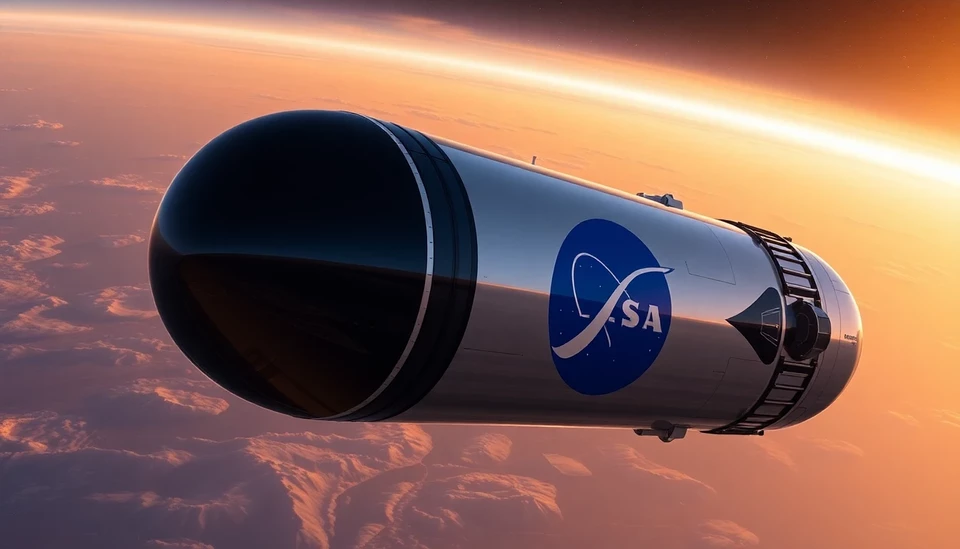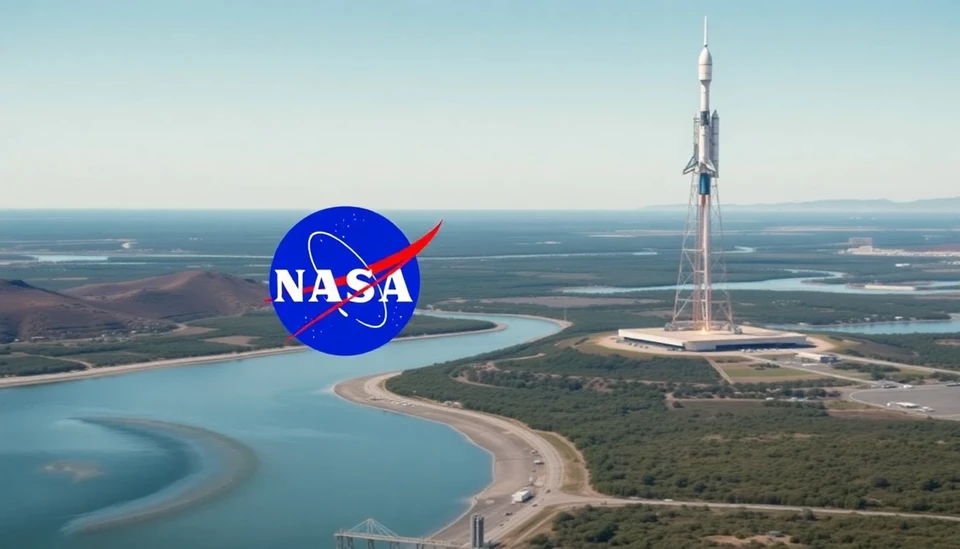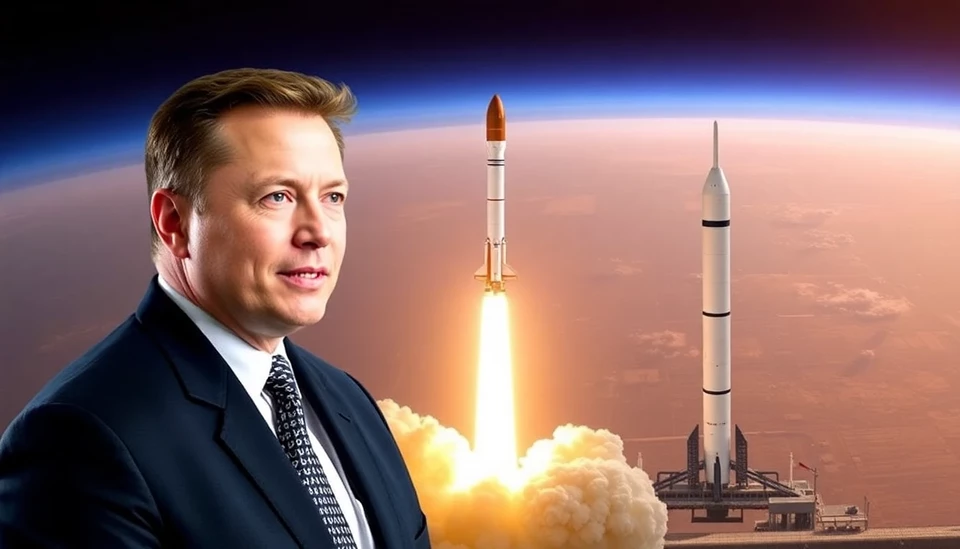
In a dramatic political move that could reshape America's space exploration efforts, President Donald Trump's recent nomination for the head of NASA is closely intertwined with the commercial space industry, particularly with Elon Musk's SpaceX. This selection has raised eyebrows and sparked discussions among industry experts and enthusiasts about the potential implications for the agency's future direction.
The nominee, whose name has not been disclosed in the article, has a profound history in aerospace engineering and has been directly involved with SpaceX in various capacities. This longstanding relationship with Musk’s company may signal a broader strategy to cultivate stronger ties between governmental space initiatives and private sector capabilities. Experts argue that such alignment could lead to a more agile and responsive NASA, capable of addressing both contemporary challenges and ambitious goals in space exploration.
Critics of the nomination warn, however, that this close association with SpaceX might compromise NASA's independence and integrity. They emphasize the need for the agency to maintain a balanced approach that serves all Americans and not just the interests of a singular private entity. These concerns are particularly pertinent given the increasing prominence of commercial space ventures in recent years, which have both complemented and challenged traditional aerospace objectives.
Supporters of the nominee assert that collaboration with private industry is essential for the future of space exploration. They argue that the joint efforts between NASA and companies like SpaceX have already yielded remarkable results, including successful missions to the International Space Station and advancements in reusable rocket technology. By reinforcing such partnerships, they believe NASA can accelerate its return to the Moon and expedite future human missions to Mars.
The decision follows a series of efforts by the Trump administration to boost the U.S. space program, reflecting a vision that prioritizes innovation and competition within the private sector. As the agency stands on the precipice of new explorations of the Moon and Mars, the upcoming leadership changes pose important questions: Will the nominee push for continued collaboration with commercial partners, or will there be a pivot to more traditional public-sector approaches?
As the confirmation process unfolds, all eyes will be on the nominee's stance regarding NASA’s overarching goals and the balance between private and public interests in space. Stakeholders across the industry will be watching closely to see how this decision impacts America’s next chapter in its storied legacy of space exploration.
Overall, this nomination not only highlights the growing intersection between governmental space agencies and private corporations but also signals a potentially transformative moment for NASA as it navigates its role in an evolving space landscape.
In summary, as President Trump’s appointee prepares for congressional hearings, the future direction of NASA hangs in the balance, with profound implications for the entire landscape of space exploration.
#NASA #SpaceX #TrumpNominee #SpaceExploration #ElonMusk #Aerospace #Innovation #CommercialSpace
Author: John Harris
